December 1, 2024 | 12:05 GMT +7
December 1, 2024 | 12:05 GMT +7
Hotline: 0913.378.918
December 1, 2024 | 12:05 GMT +7
Hotline: 0913.378.918
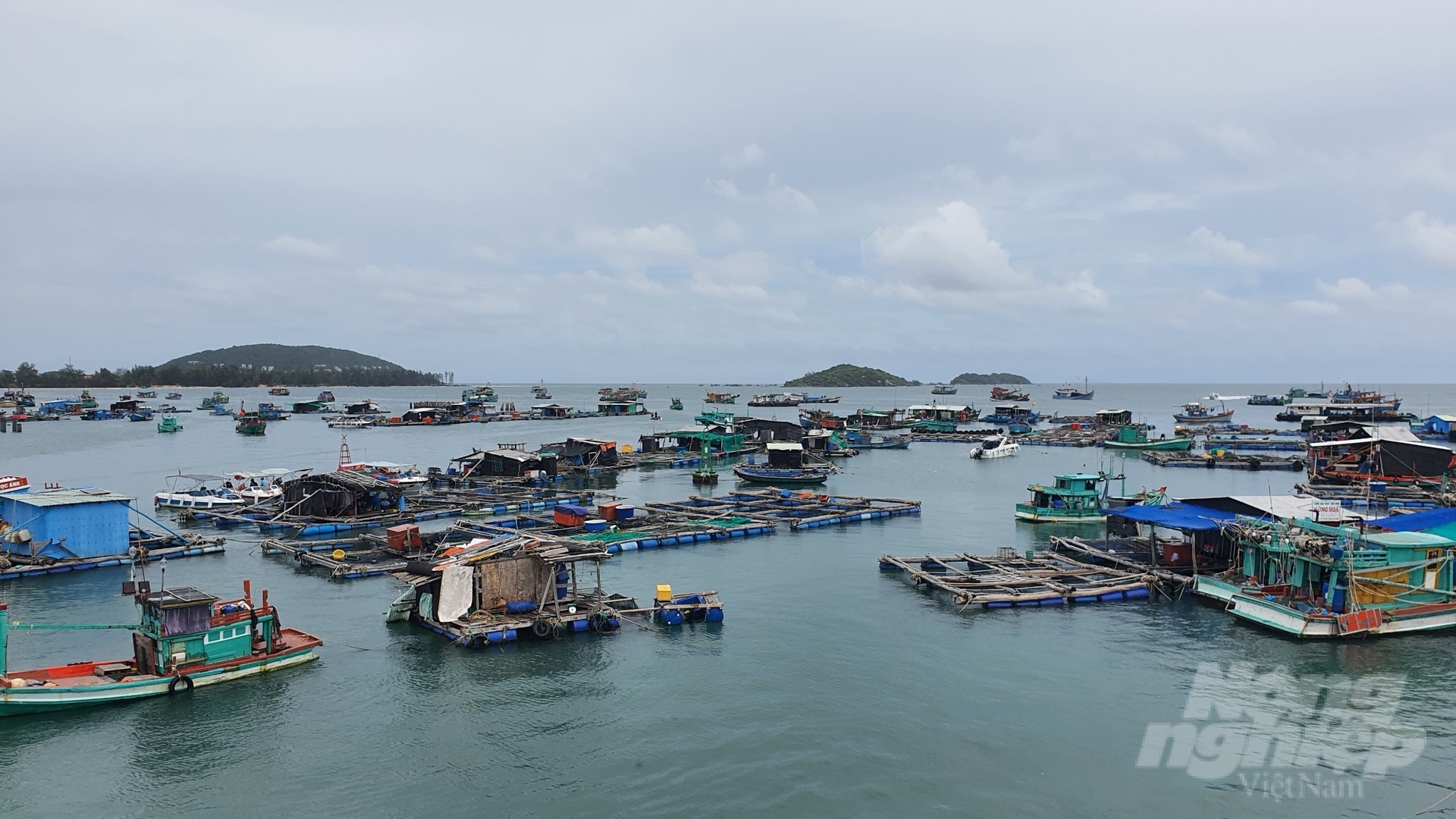
Fishing vessels anchored at a pier in Phu Quoc district. Photo: Kien Trung.
According to an Official Dispatch from the Ministry of Agriculture and Rural Development datedSeptember 13th, the European Commission dispatched an inspection team in June 2023 to evaluate the food safety and hygiene conditions within Vietnam's seafood production, processing, and export chain. The inspection revealed various deficiencies in terms of hygiene standards at different facilities within the production and processing chain, with a particular focus on the initial production stages such as aquacultural exploitation and farming. Furthermore, the inspection found that the effectiveness and enforcement of state regulations in government oversight were unsatisfactory.
In response to these findings and in an effort to promptly address the identified issues within the control system in addition to maintaining and enhancing Vietnam's reputation for quality and safety of seafood products, the Minister of Agriculture and Rural Development has issued the following directives:
Review and advise the Provincial/City People's Committee on improving the local organization, delegation, and assignment of tasks for food safety management in the agricultural, forestry, aquatic product sectors, with a special focus on seafood in accordance with the regulations under Circular No. 38/2018/TT-BNNPTNT dated December 25, 2018, Circular 32/2022/TT-BNNPTNT dated December 30, 2022, and Circular 17/2018/TT-BNNPTNT dated October 31, 2018; report related content in the assigned and delegated management areas according to current legal regulations.
Direct subordinate units to closely manage establishments subject to food safety certification; strictly implement the inspection, evaluation, and issuance of certificates for establishments with adequate food safety conditions; develop plans for periodic inspection and monitoring of food safety conditions, as regulated under Circular 38/2018/TT-BNNPTNT dated December 25, 2018, and Circular 32/2022/TT-BNNPTNT dated December 30, 2022.
Advise the Provincial/City People's Committee to direct delegated units, which are responsible for managing local production and trading establishments not subject to food safety certification, to update the list of small fishing vessels, small-scale aquaculture facilities, etc., and strengthen the commitment to ensuring food safety; ensure strict enforcement of commitments as stipulated under Circular 17/2018/TT-BNNPTNT.
Strengthen inspection, examination, and accountability in the implementation of laws on food safety management in agriculture, forestry, and aquatic products, especially in carrying out state management tasks related to the farming, harvesting, purchasing, and preliminary processing of aquatic products.
Organize verification, soure tracing, and strict handling of violations related to food safety as prescribed by law, including measures such as suspending operations, revoking permits, and publicly disclosing violations when facilities use prohibited chemicals or antibiotics; organize inspections and take action against individuals or organizations engaged in the sale of prohibited veterinary drugs and chemicals.
Prioritize and focus on training, capacity building, and training for local food safety officials; regularly organize activities to assess the capacity and quality of their work to enhance the effectiveness of food safety management in agricultural products, with a focus on seafood.
Actively coordinate with local police and border defense forces to collect information, investigate, verify, and handle production and business networks involving prohibited agricultural chemicals and antibiotics.
Enhance training, communication, and guidance for seed production establishments and aquaculture facilities to ensure food safety; register with local government for the inspection and certification of establishments with adequate food safety conditions.
Establish channels for receiving and processing reports on violations of food safety in seafood production and trading, the sale of aquatic drugs, and the use of prohibited chemicals.
Department of Quality, Processing, and Market Development:
Organize training sessions and provide guidance to local officials regarding food safety management; Conduct inspections and monitoring of food safety conditions at pre-processing establishments such as purchasing facilities, preliminary processing facilities, and ice-making facilities in compliance with current regulations. These activities will initially be implemented for establishments in the seafood production and export chain to the European market.
Develop a program for the controlling of seafood safety in the production and export chain to the EU, ensuring that participating establishments fully comply with EU and Vietnamese regulations, and are subject to the management of relevant Vietnamese authorities. Additionally, these establishments must be authorized by competent authorities in the EU for export to this market. This task must be completed by September 30, 2023.
Conduct assessments and evaluations of compliance with Vietnamese and EU regulations regarding food safety for establishments involved in preliminary processing and supplying raw materials to processing establishments for export to the EU market; register and propose the inclusion of these preliminary processing establishments and independent storage facilities for seafood products in the list of establishments allowed for export to the EU when the assessment and evaluation meet the requirements.
Provide recommendations to the Ministry of Agriculture and Rural Development regarding the establishment of a national database on the management of food safety for establishments involved in agricultural production and trading, as well as source traceability.
Directorate of Fisheries:
Compile a comprehensive list of difficulties, challenges, and recommendations from local agencies regarding the registration for cage aquaculture and the criteria for the certification of aquacultural production. The list will facilitate the incorporation of improvements into the amended and supplemented Decree No. 26/2019/ND-CP by the government, which provides detailed regulations and measures for implementing the Law on Fisheries.
Organize training courses and provide guidance to local officials responsible for food safety management. Accordingly, these officials should conduct inspections and monitoring of food safety conditions at initial production establishments such as aquaculture facilities, fishing ports, fishing vessels, in compliance with current regulations. These activities will initially be implemented for establishments in the seafood production and export chain to the European market.
Direct local governments to inspect and take action against violations in the production and trading of environmental treatment agents, agricultural materials used in aquaculture, and the exploitation of aquatic products.
Department of Animal Health:
Instruct local governments to enhance control and take action against violations involving the sale and distribution of prohibited chemicals and antibiotics in the production and trade of aquatic animals, and aquaculture veterinary drugs that have not been granted circulation permits in Vietnam.
Collaborate with the police and border defense forces to investigate and address violations related to the production, trade, and use of prohibited chemicals, antibiotics, and aquaculture veterinary drugs that have not been granted circulation permits in Vietnam.
Seafood processing and export businesses:
Review quality and food safety management programs with an emphasis on the Hazard Analysis and Critical Control Points (HACCP) system, including the self-inspection and auditing processes implemented by companies for their suppliers of raw materials and finished products for processing and export to the European market.
Proactively establish production, processing, and export chains that comply with the regulations of various markets, including the EU. This involves setting conditions for initial production facilities, defining ingredient standards, inspecting and monitoring production, preliminary processing, and trading facilities to ensure food safety; conduct inspections to ensure compliance with regulations regarding the use of antibiotics by the suppliers of raw materials.
Provide guidance and support to preliminary processing establishments that supply raw materials and finished products to processing companies that export to the European market; encourage businesses to proactively upgrade their facilities, equipment, and quality management processes to meet Vietnamese and European technical standards
Assist businesses in registering as suppliers of raw materials and finished products for processing companies that export to the European market. Most notably, this registration will enable businesses to be added to the list of establishments permitted for export to the European market.
Vietnam Association of Seafood Processors and Exporters:
Promote and encourage member businesses to maintain and upgrade their facilities to ensure food safety in compliance with the requirements of the Vietnamese market and the seafood export markets; prioritize the establishment of production, processing, and export chains that meet the regulations of various markets, including the European Union.
Conduct awareness campaigns and advocate for strict compliance with regulations related to the control of antibiotic residues in seafood production and trading; firmly discourage the trading, processing, and export of seafood products from illegal, unreported, and unregulated (IUU) fishing sources.
Translated by Nguyen Hai Long

(VAN) The State of Agricultural Commodity Markets 2024 looks at global trade flows of nutrients and possible obesity drivers.
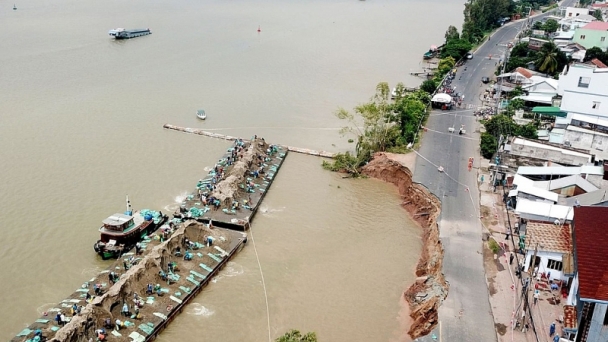
(VAN) Experts agreed that with the same construction costs, the multi-purposed water works should be prioritized at the forum ‘Strengthening Communication on Proper and Effective Water Use to Ensure Water Security in the Mekong Delta’.

(VAN) Russian fertilizer exports are booming, largely driven by soaring sales to European customers.
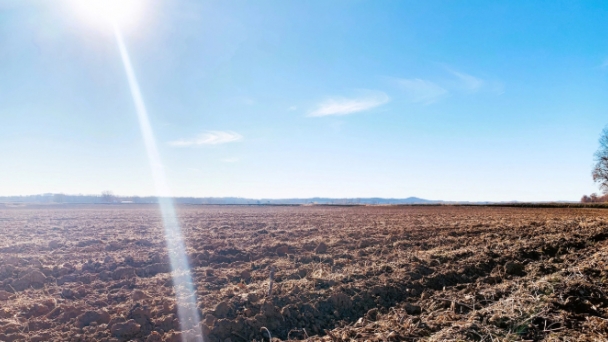
(VAN) Business Basics: What happens to your land cost line when appreciation outpaces interest rates?
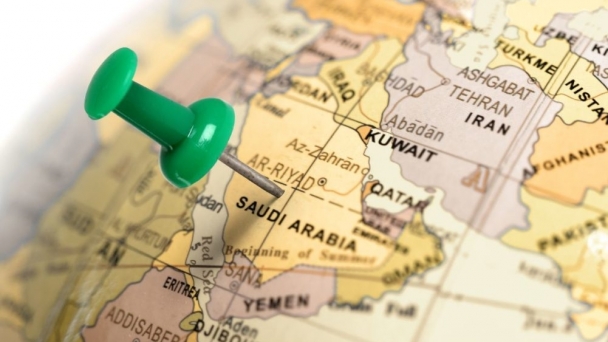
(VAN) The companies will be allowed to export only a fixed percentage of their surplus production capacities so that needs of the local market won’t be compromised, the report said.
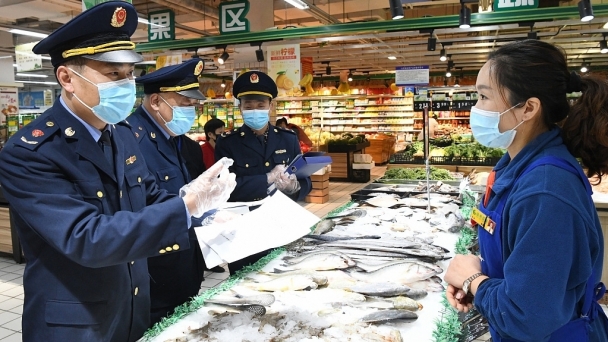
(VAN) China has urged schools to involve parents in overseeing the food served on campuses, reaffirming the country's commitment to safeguarding the health of its younger generation.
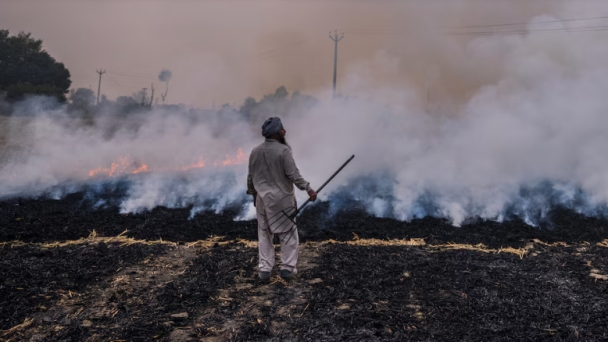
(VAN) No one anticipated that an initiative to save groundwater by delaying the annual rice season would aggravate northern India’s already miserable air pollution.